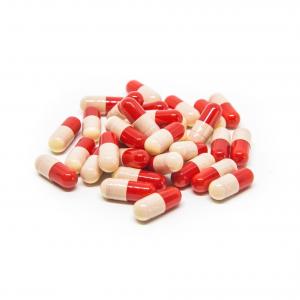Anxiety Medication Overview of Risperidone
Risperidone, an atypical antipsychotic sold under the brand name Risperdal, is a medication typically used to treat schizophrenia, manic symptoms in people with bipolar disorder, and irritability in the autistic. However, it is sometimes prescribed off-label to treat anxiety disorders, typically those that have failed to respond to more conventional medications like antidepressants.
A study presented in 2004 found that low doses of risperidone (from.5 mg to 1.5 mg) showed promise as an additional medication for patients with a treatment-resistant generalized anxiety disorder (GAD). According to lead researcher Dr. Olga Brawman-Mintzer, MD, "We found that patients who had low doses of risperidone did have significantly greater improvement in the primary measure, using the Hamilton Anxiety Rating Scale (HAM-A). It was statistically significant in comparison to placebo without significant side-effect.”
Risperidone is also sometimes used in combination with a selective serotonin reuptake inhibitor (SSRI) to manage treatment-resistant obsessive-compulsive disorder (OCD). While it appears useful in this combination, it has not been shown to be effective at treating OCD when used alone.
Risperidone and other atypical antipsychotics have some significant side effects that limit their use in the treatment of anxiety disorders, but they may be helpful in some cases and have fewer troublesome side effects when taken in lower doses.
Photo: Pixabay





